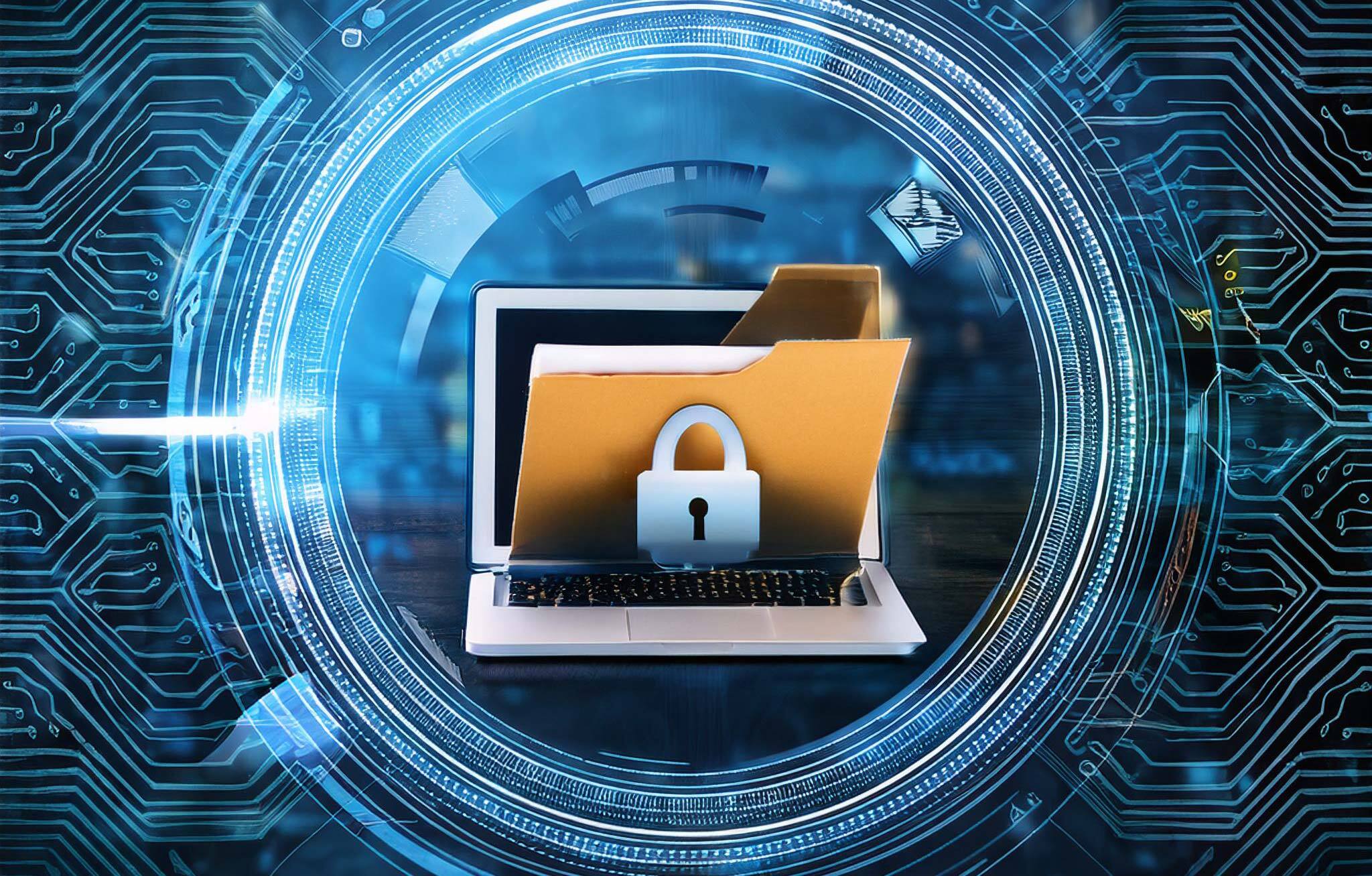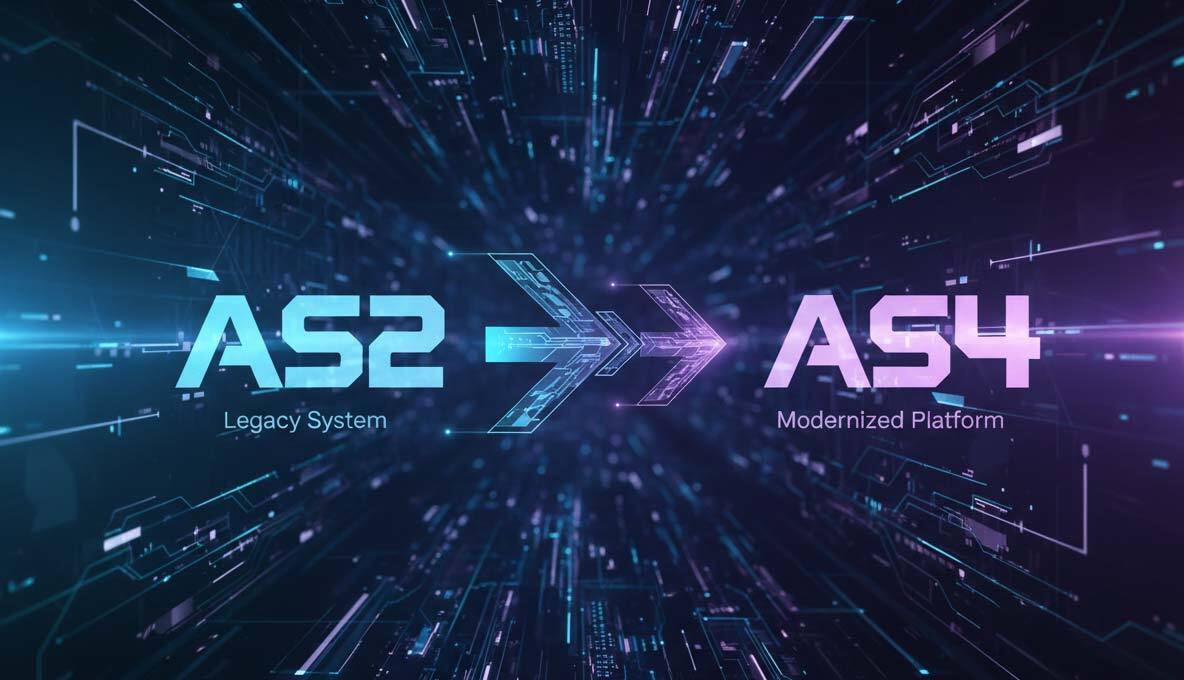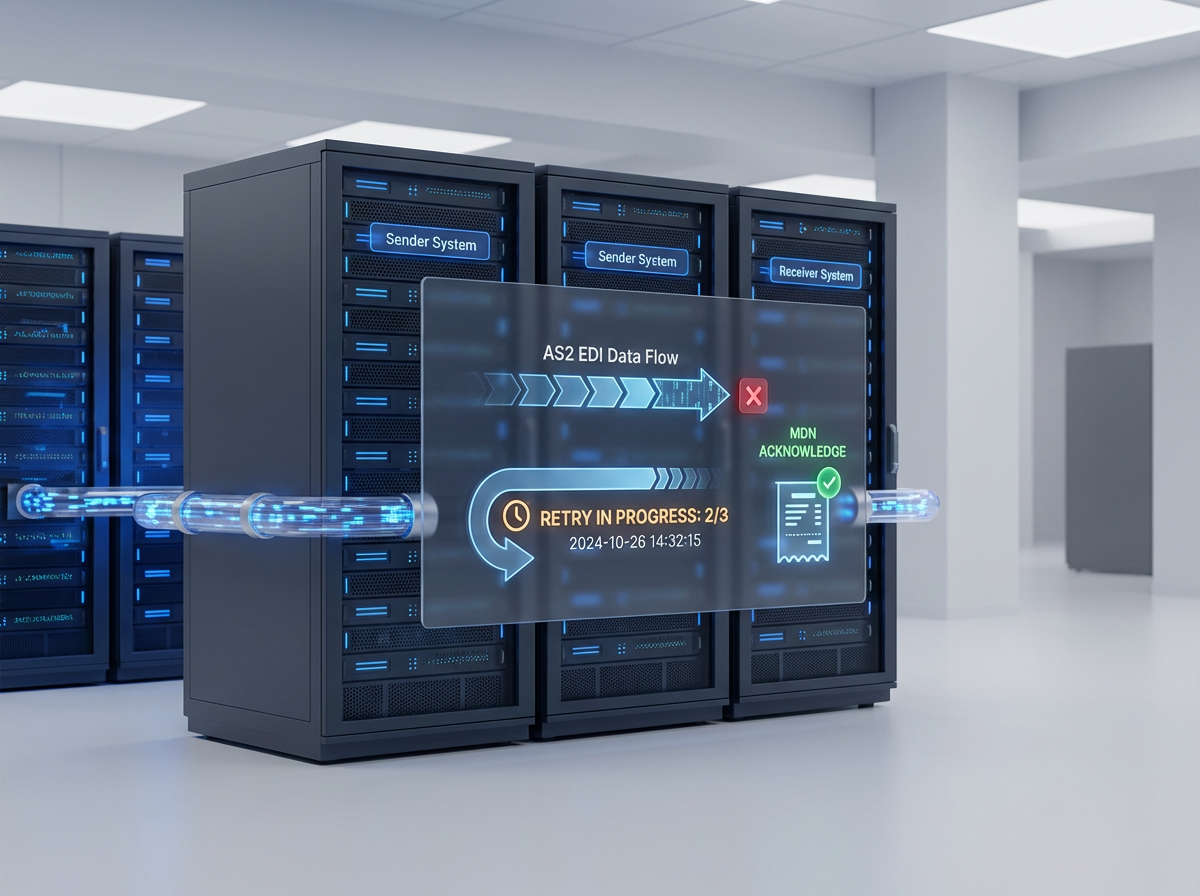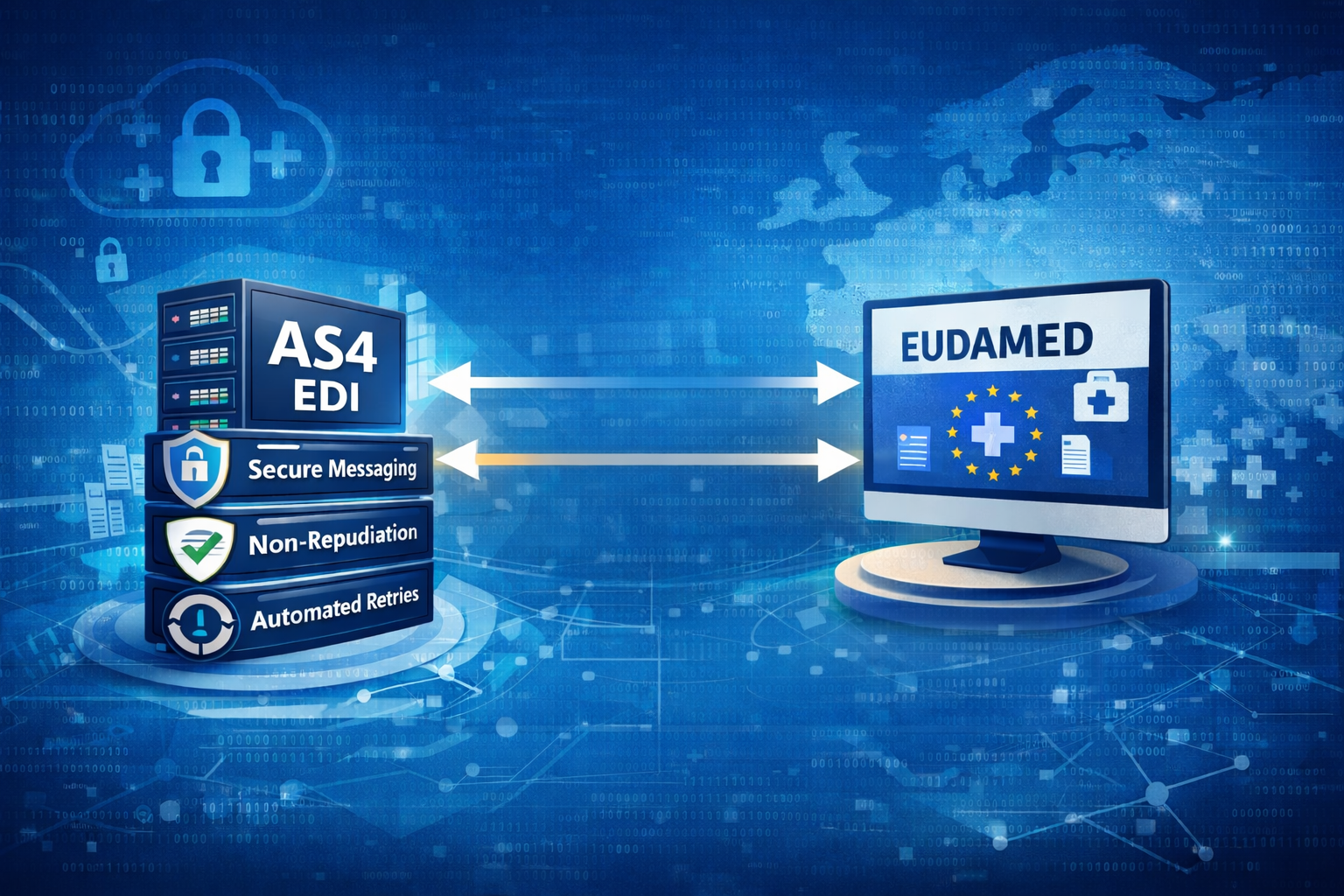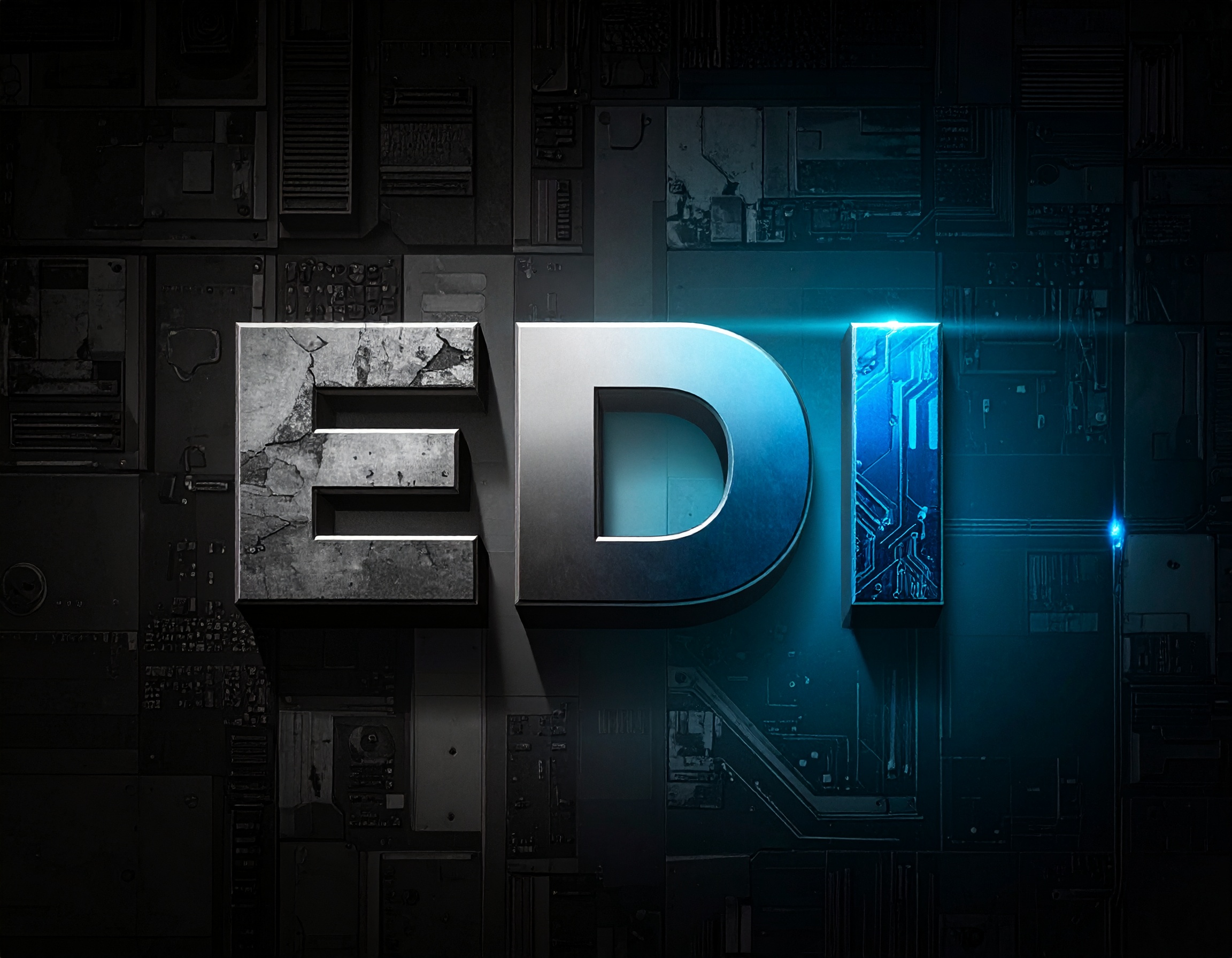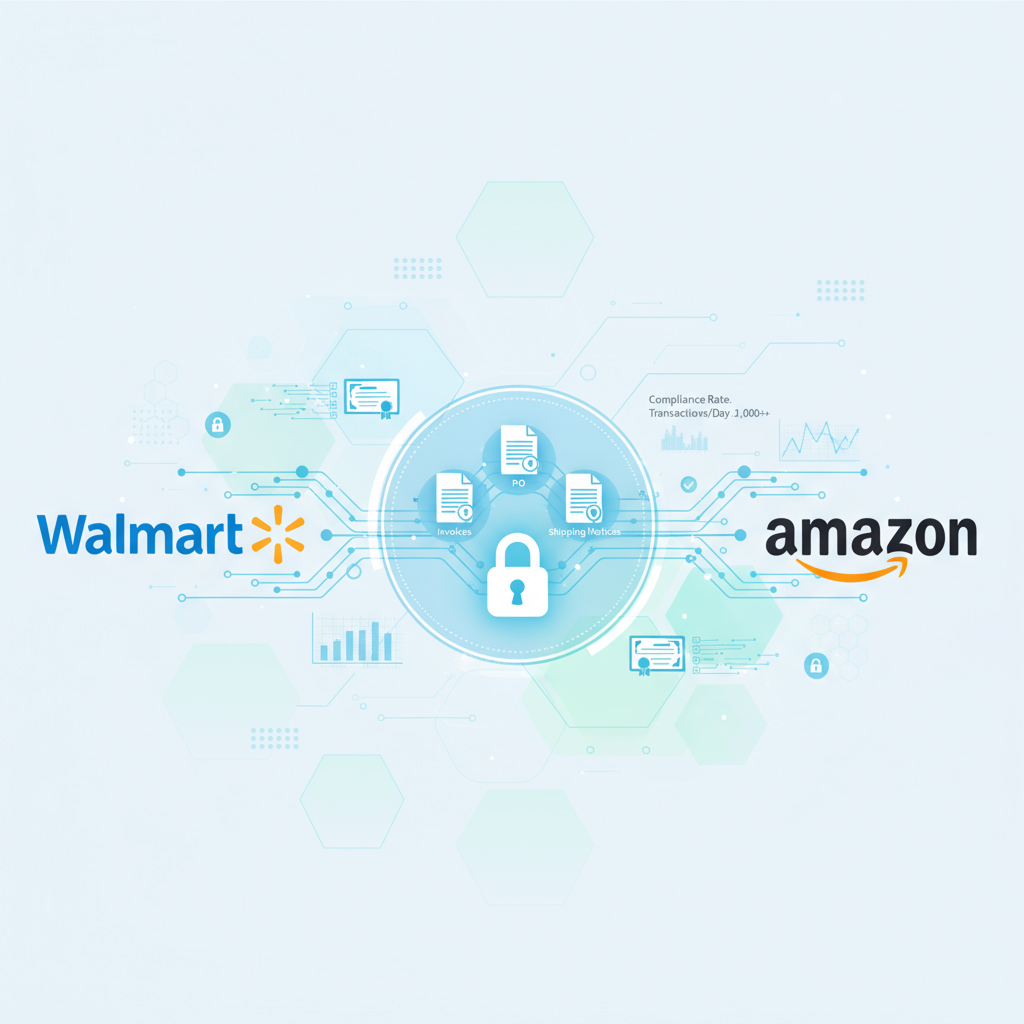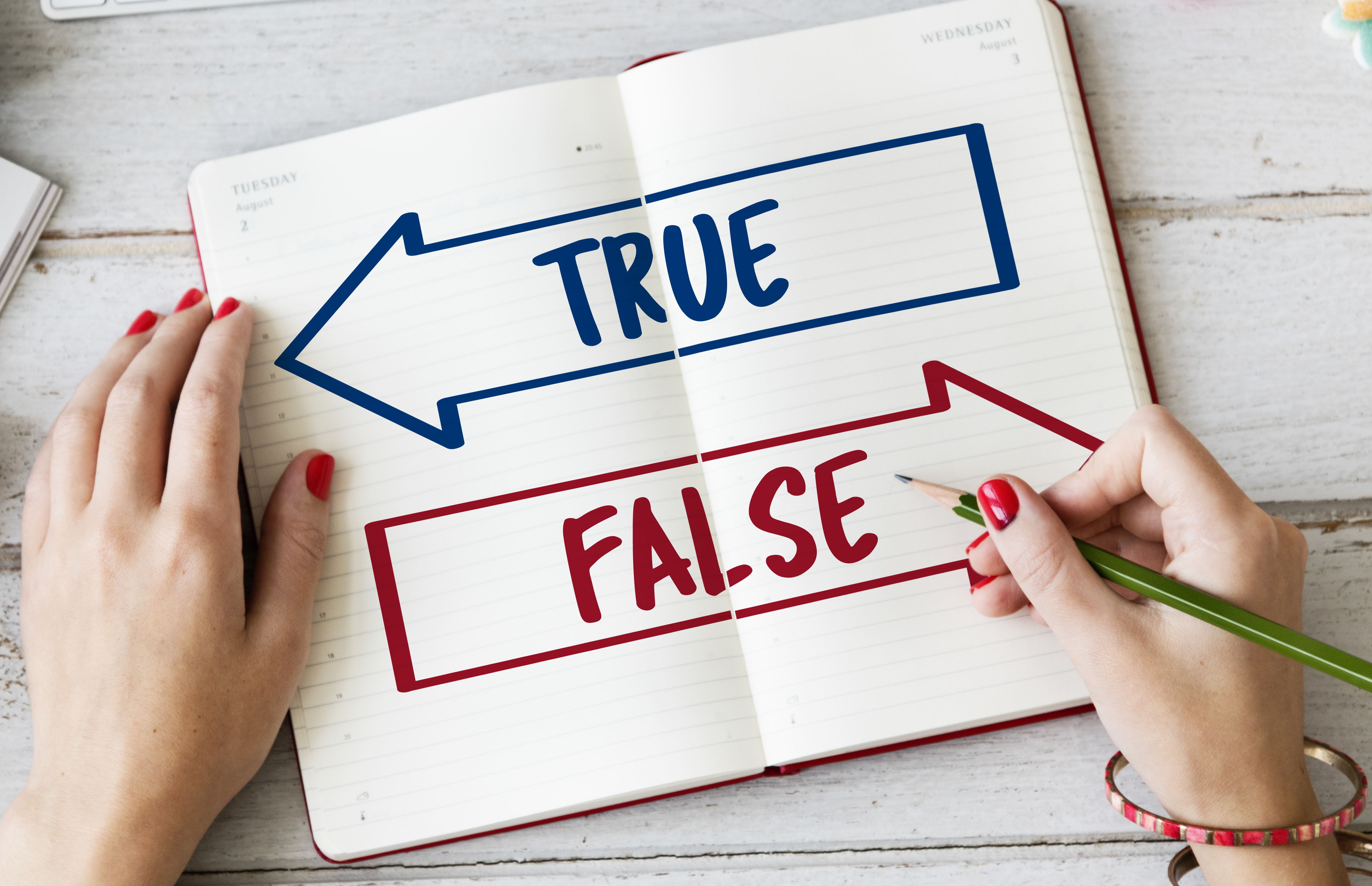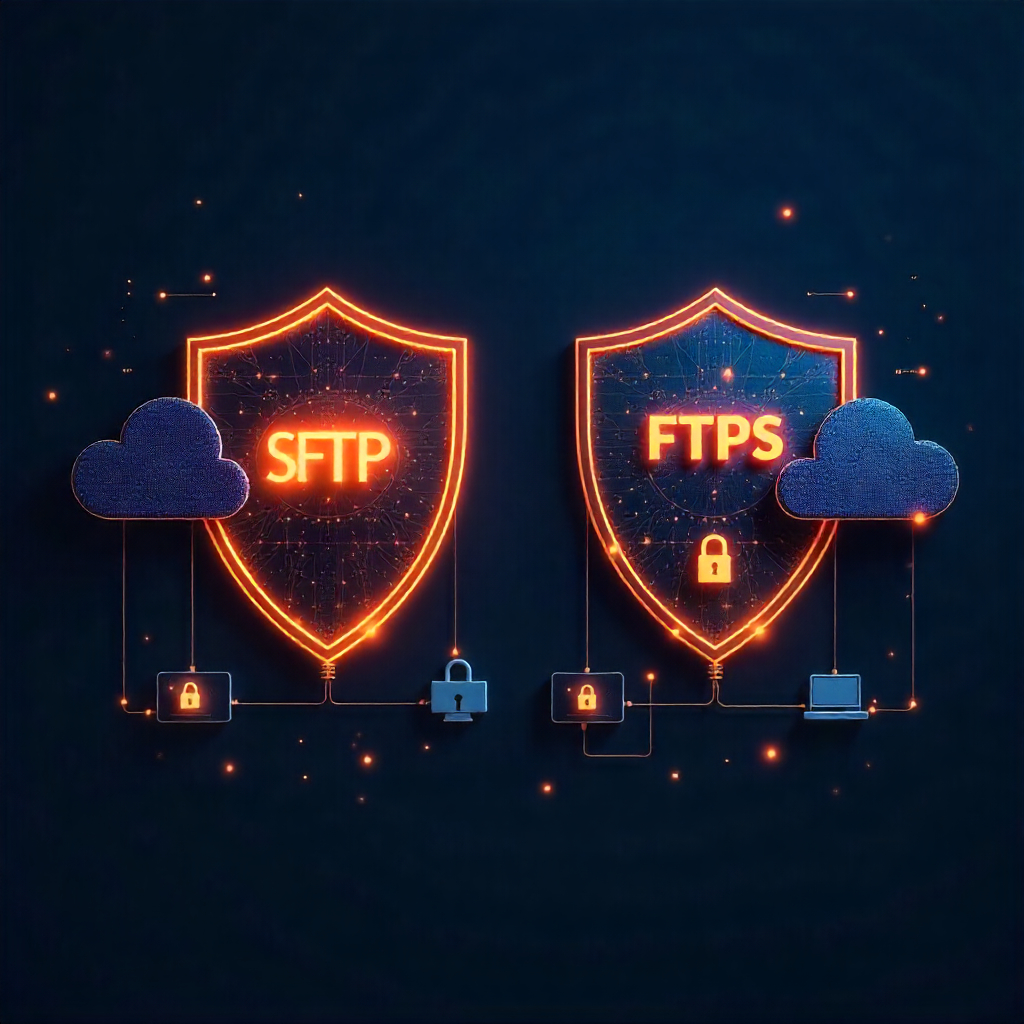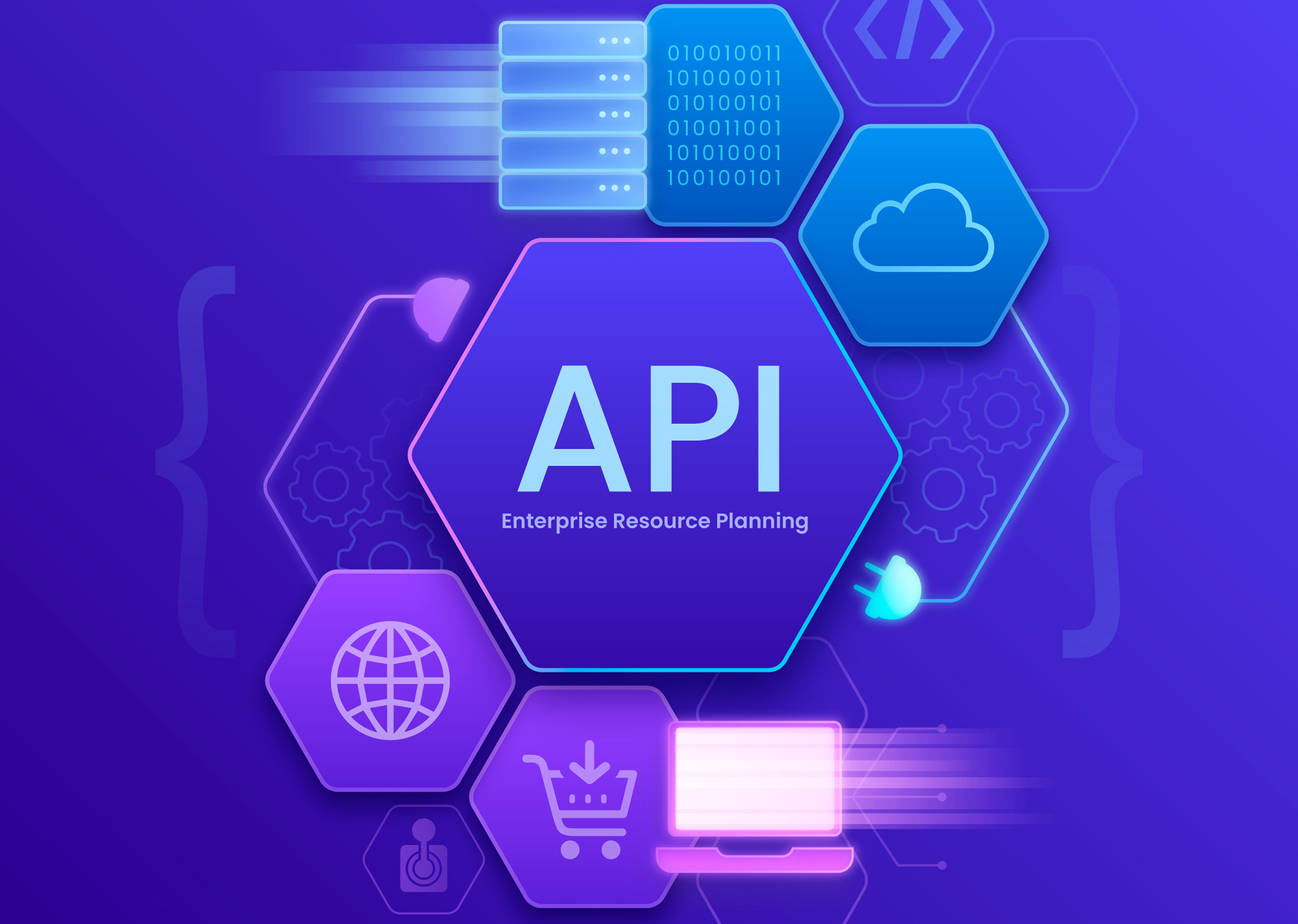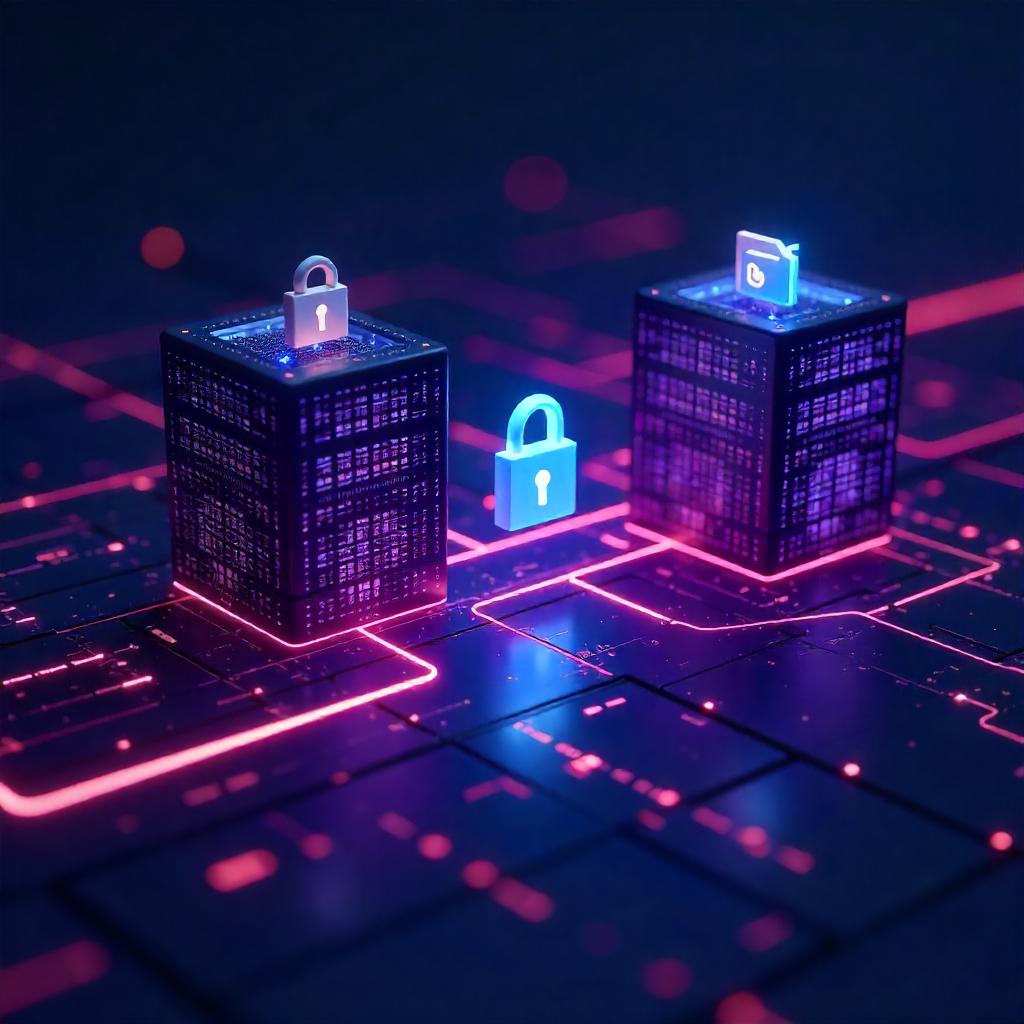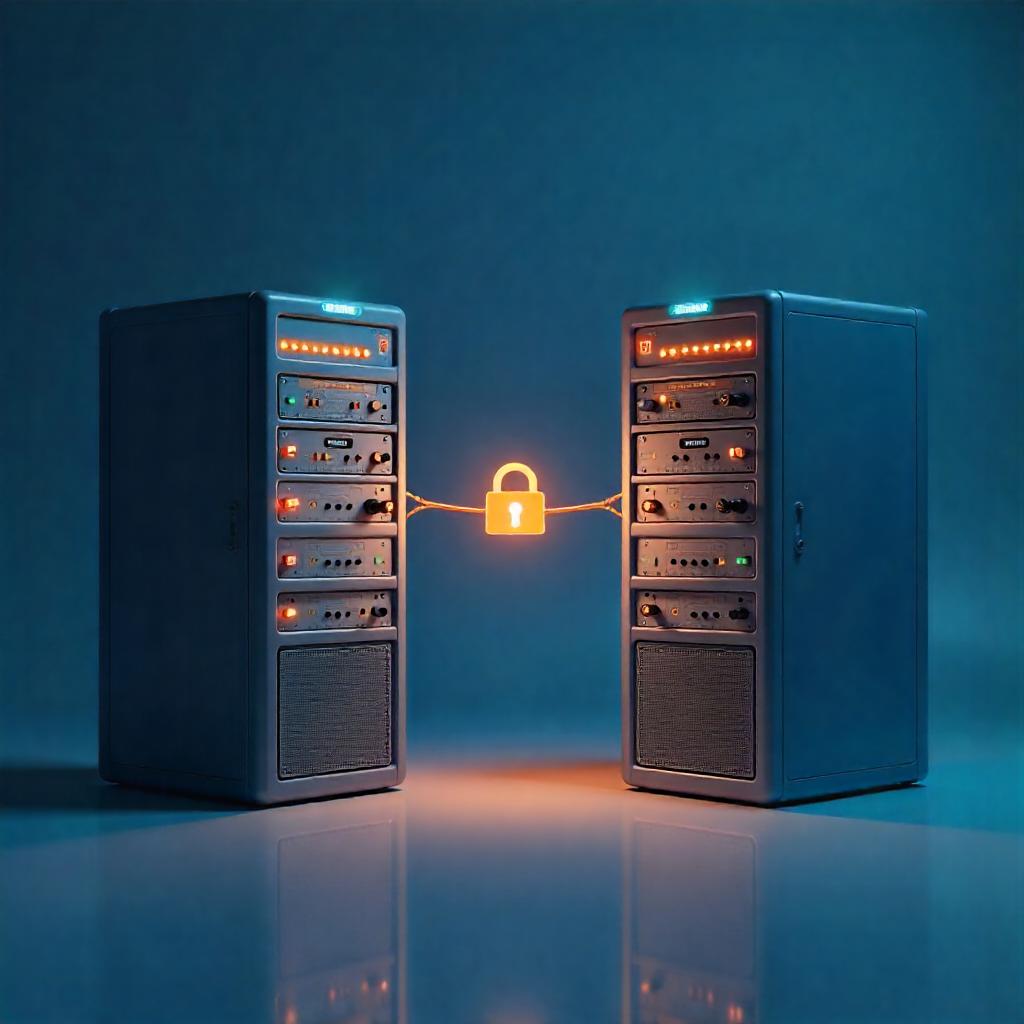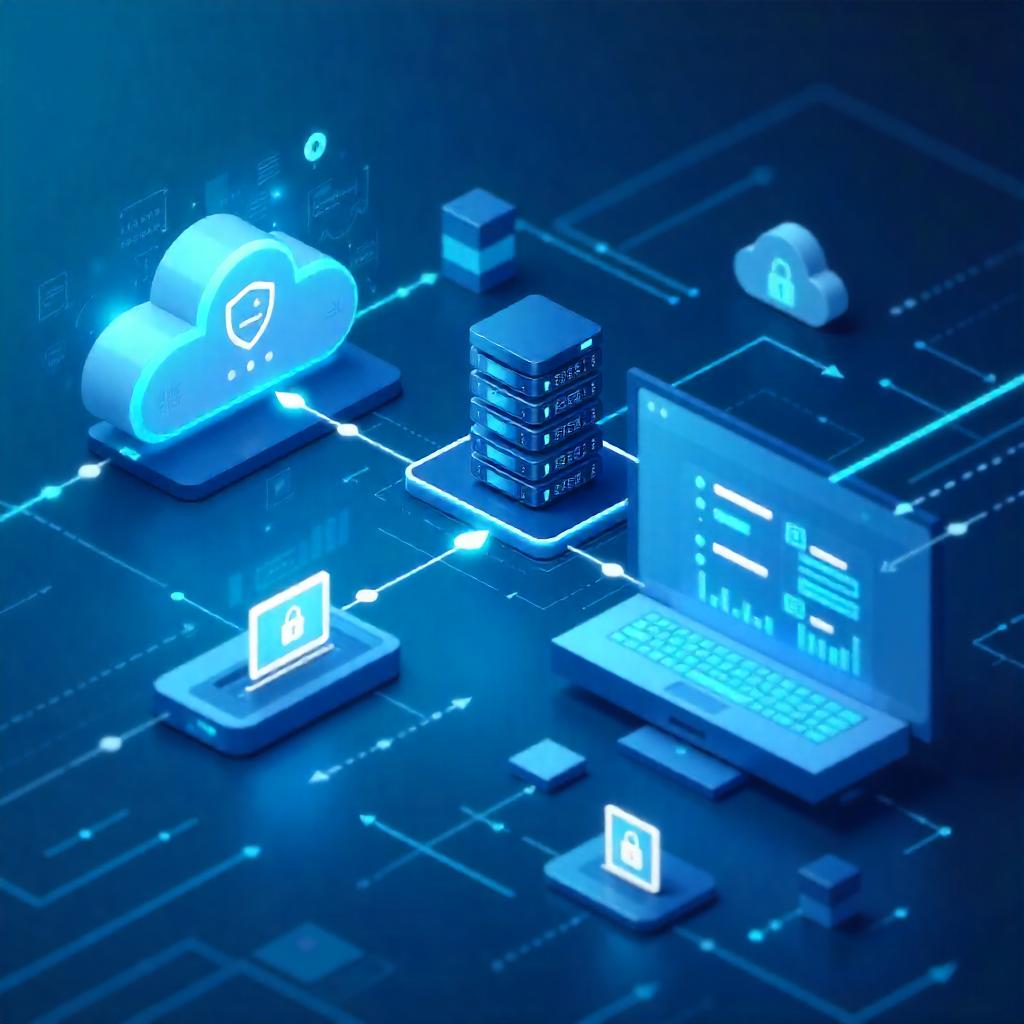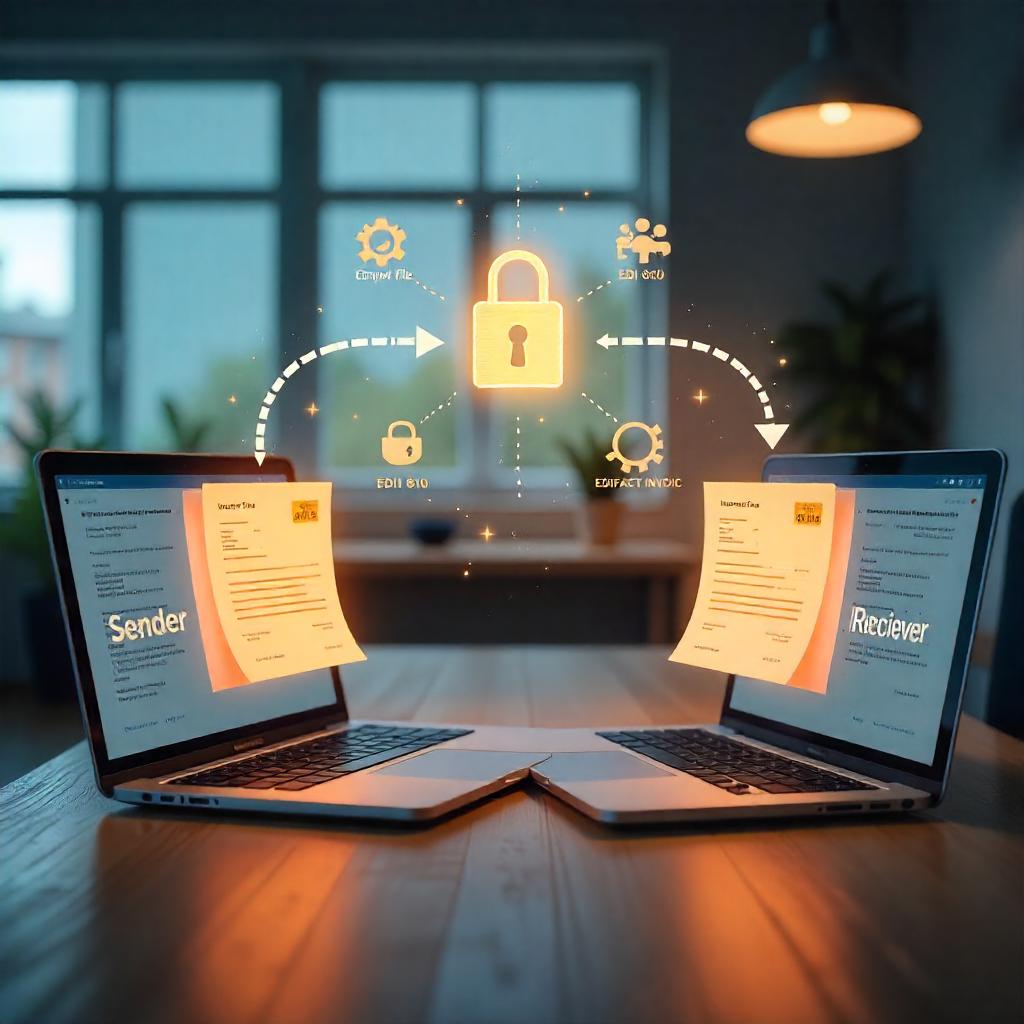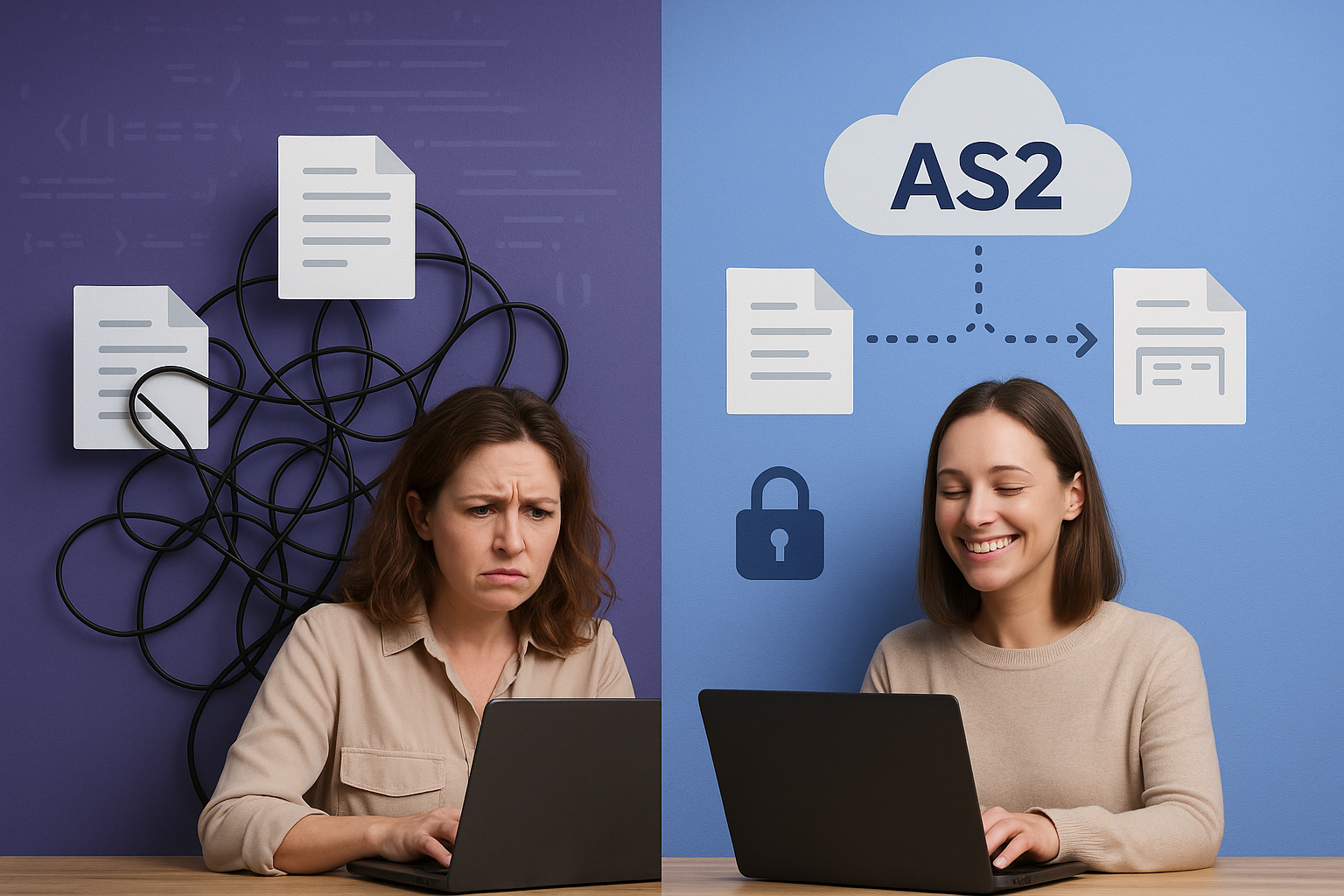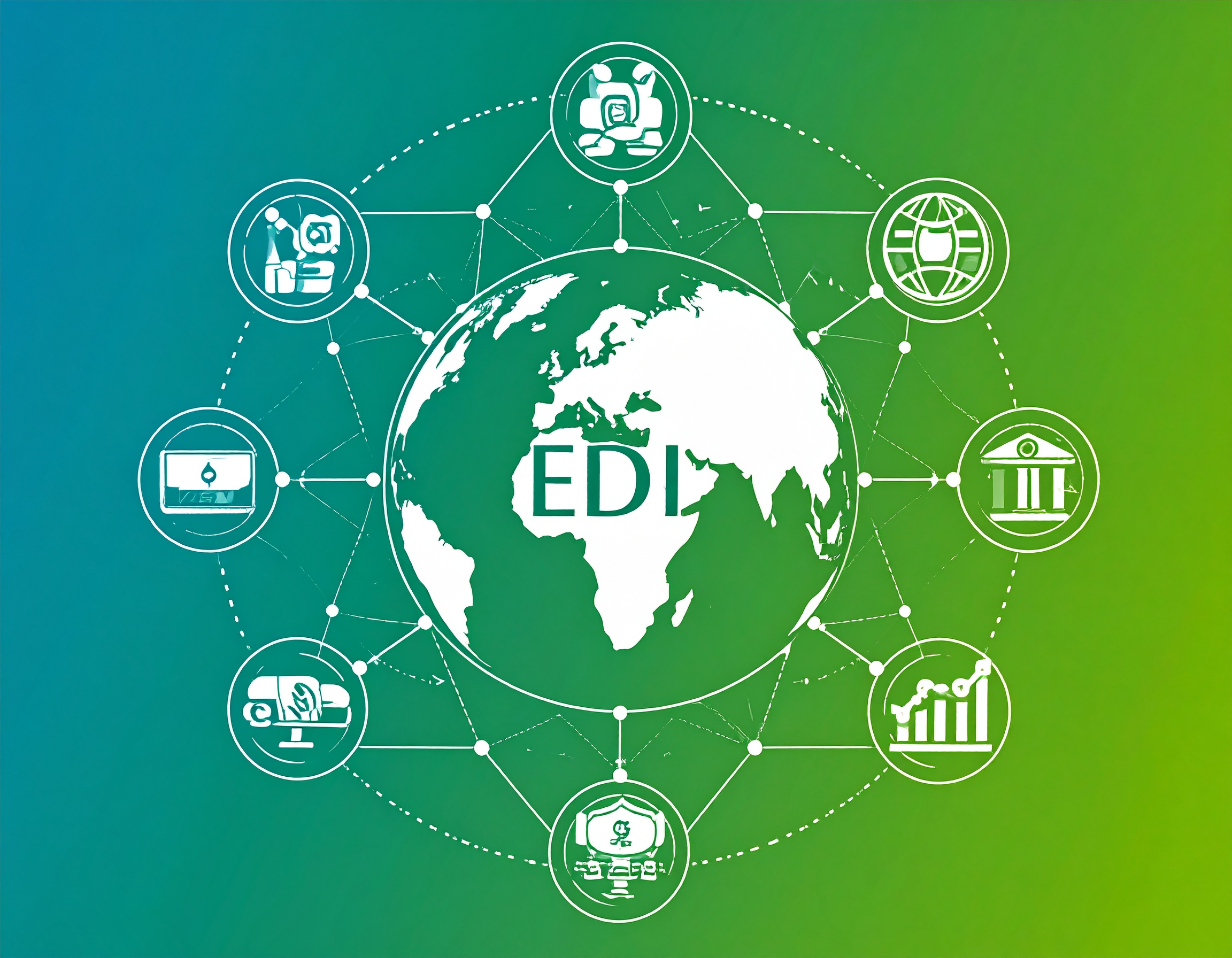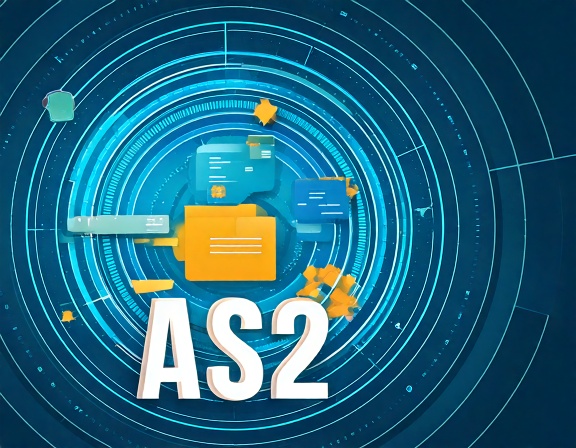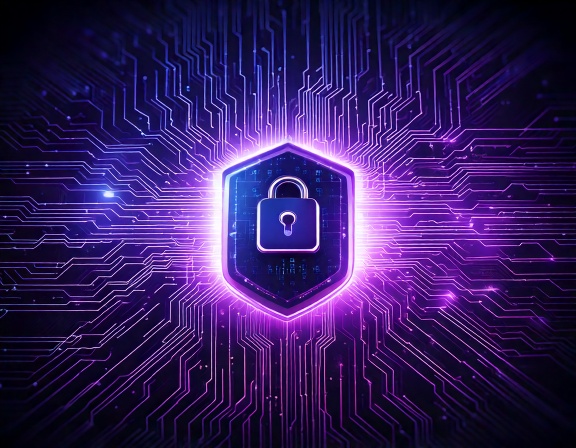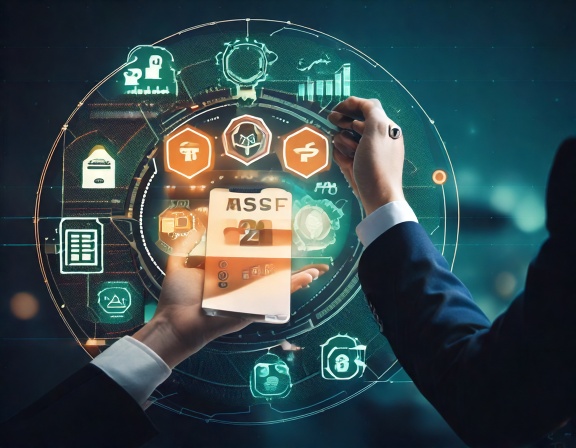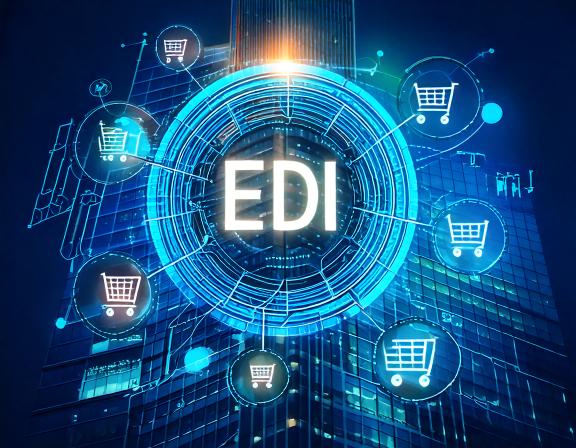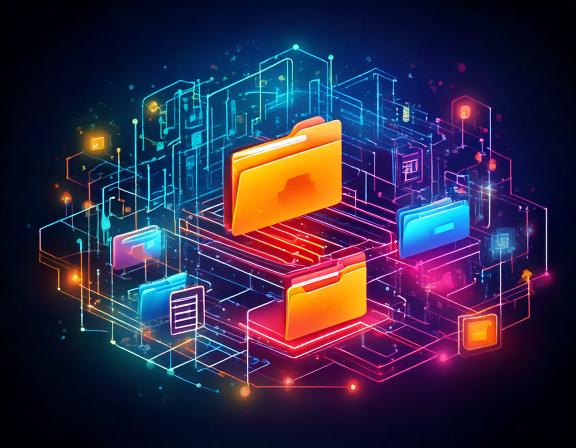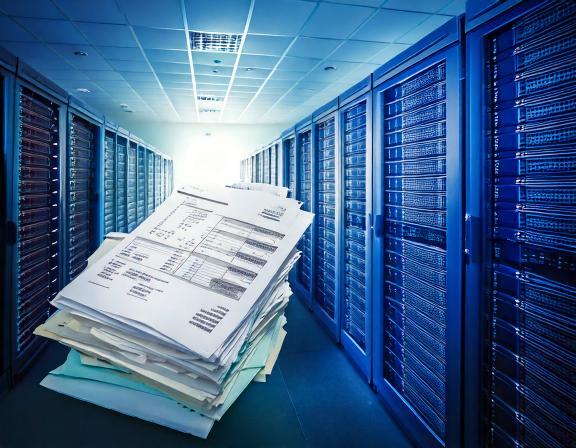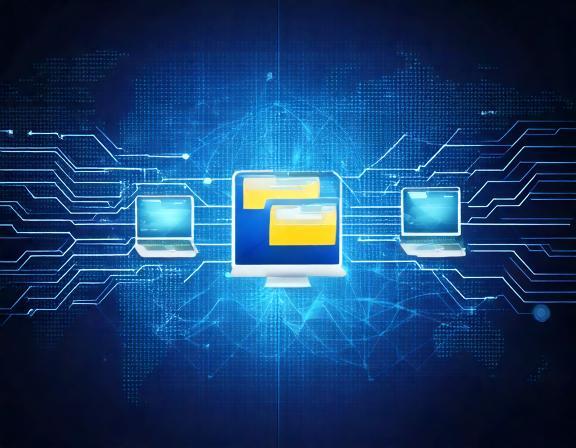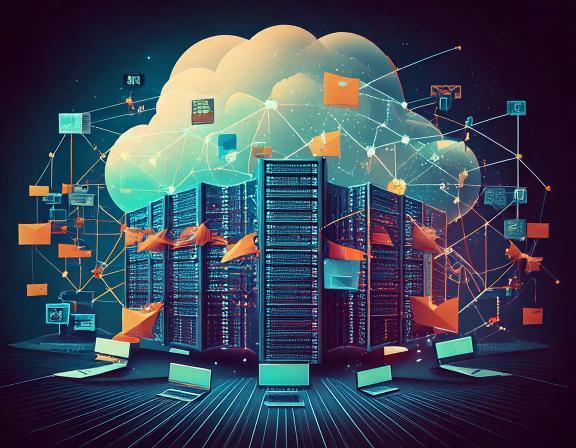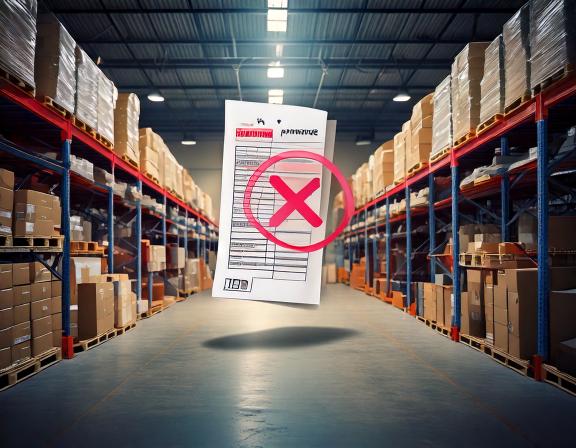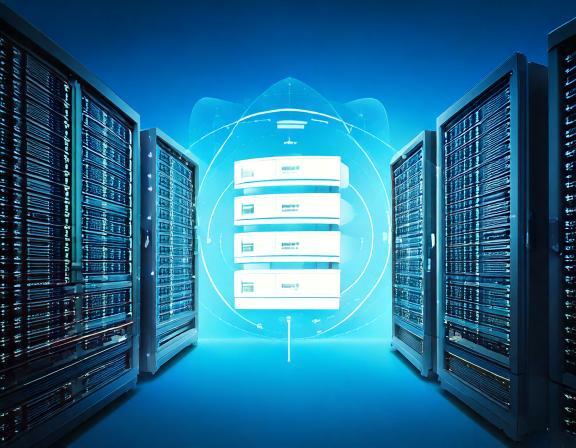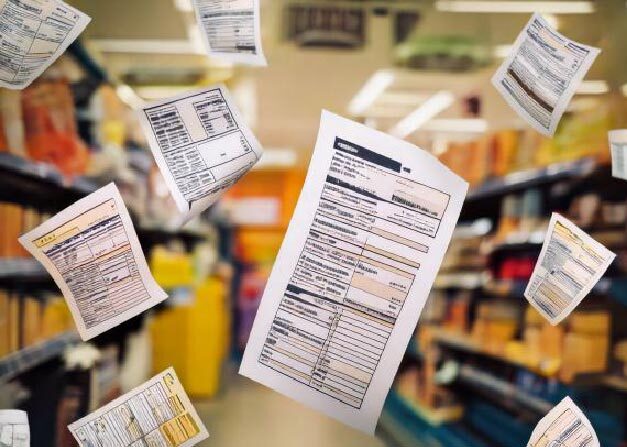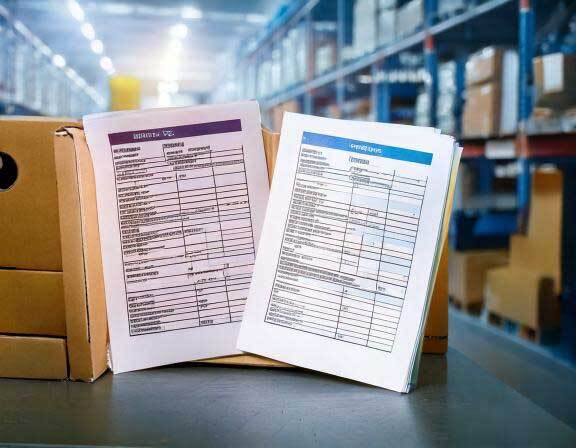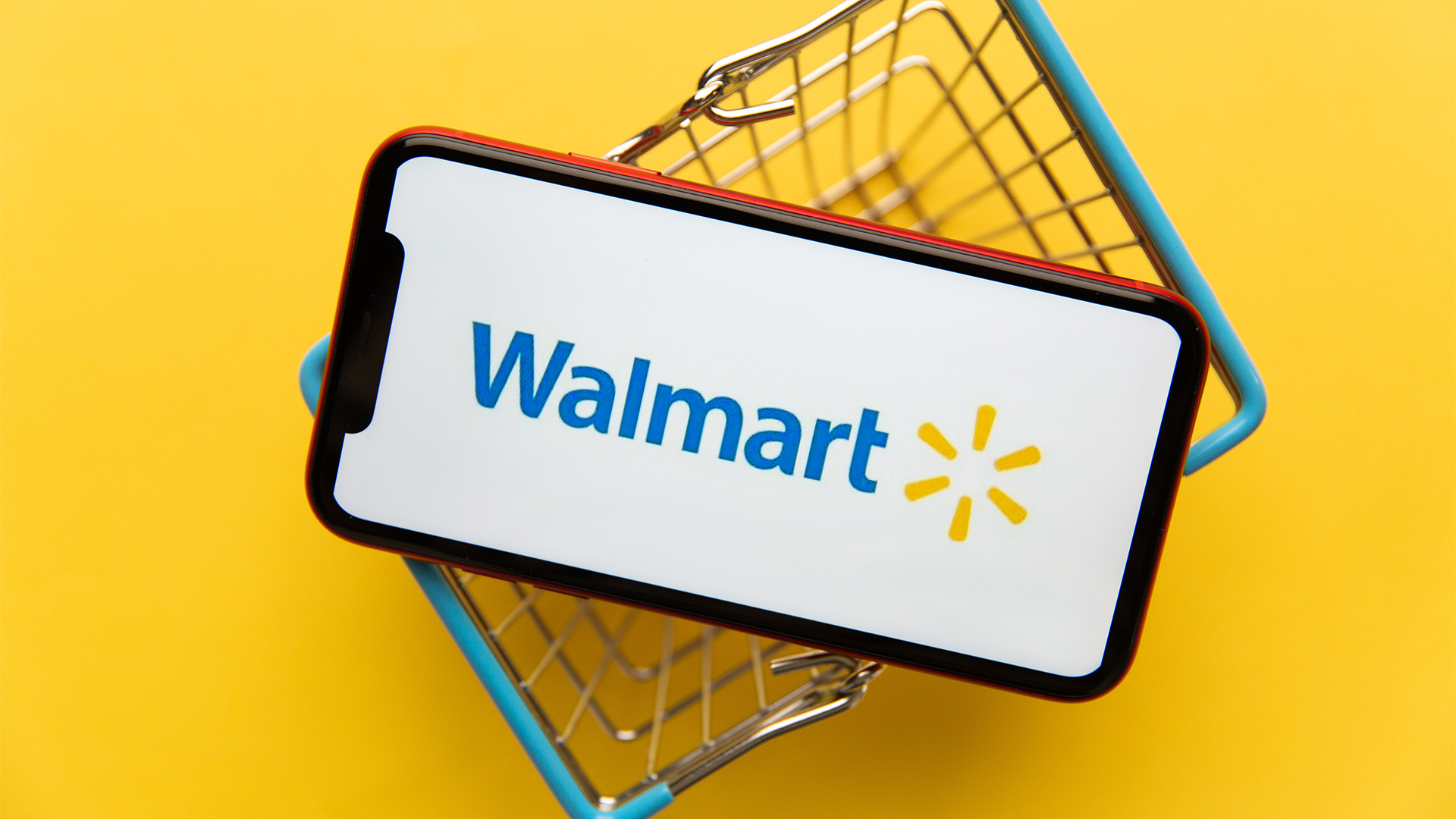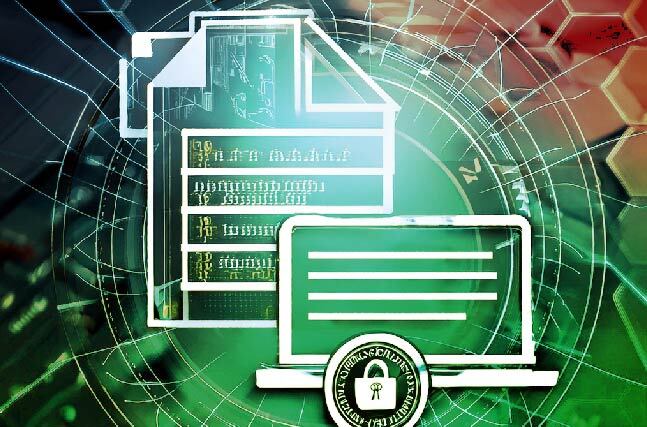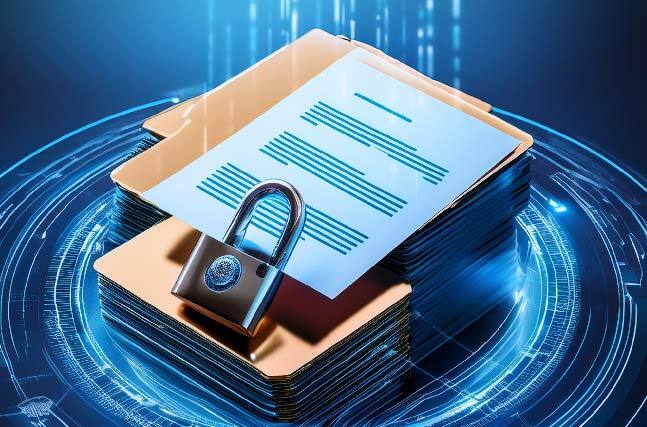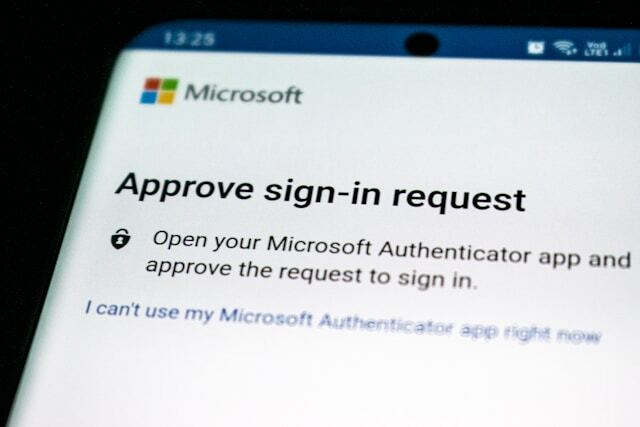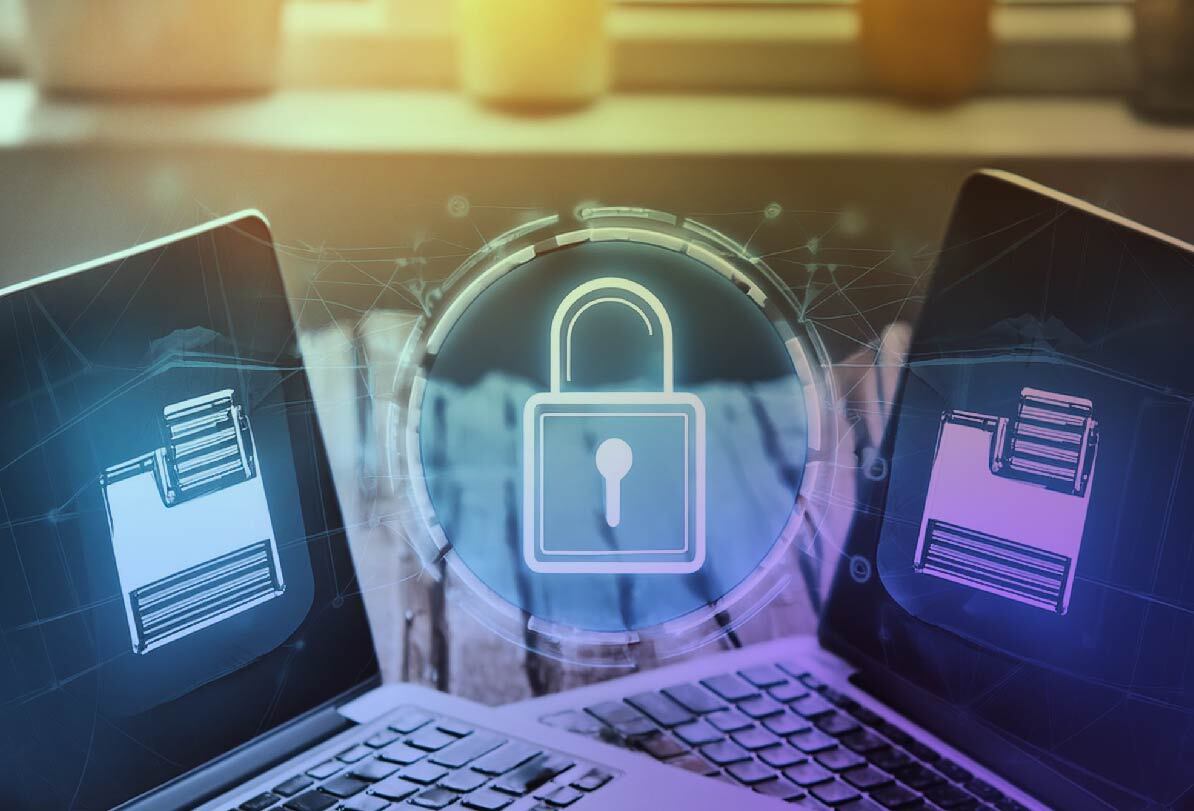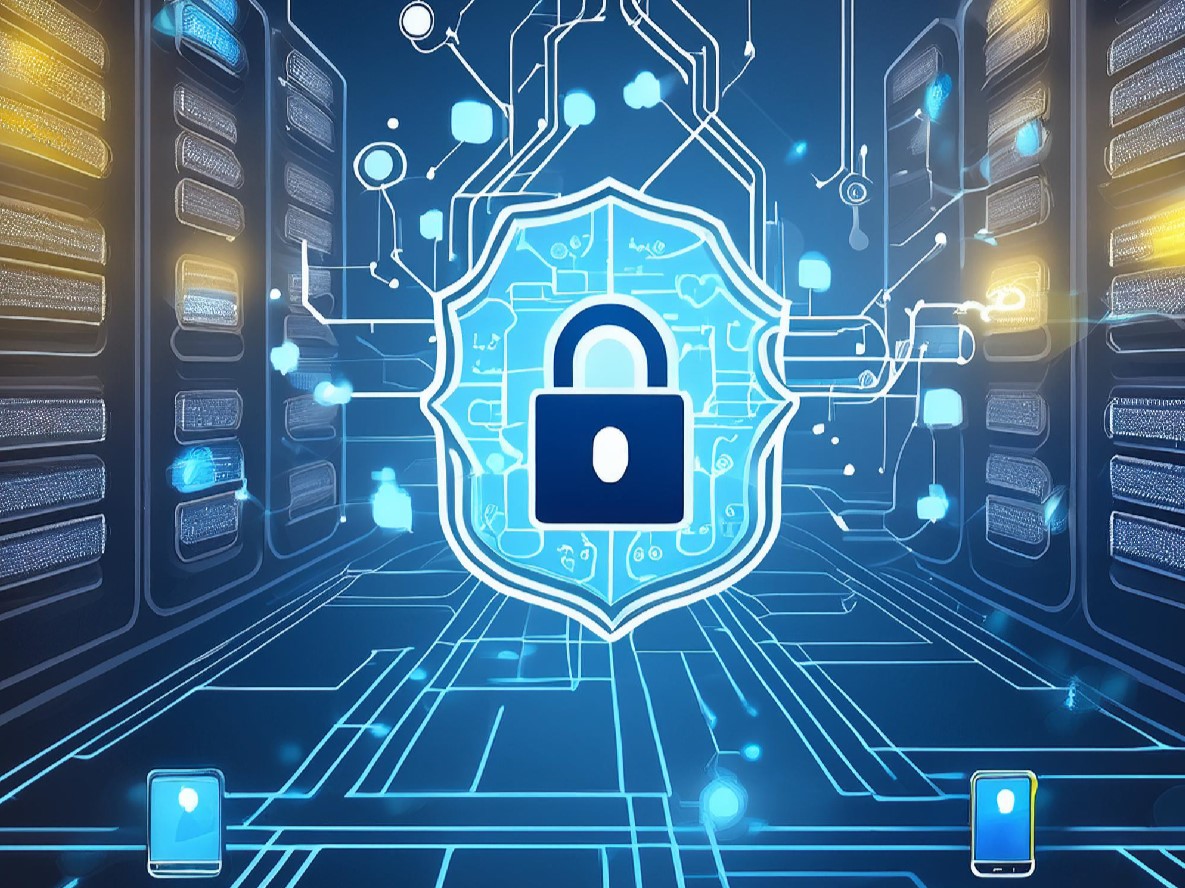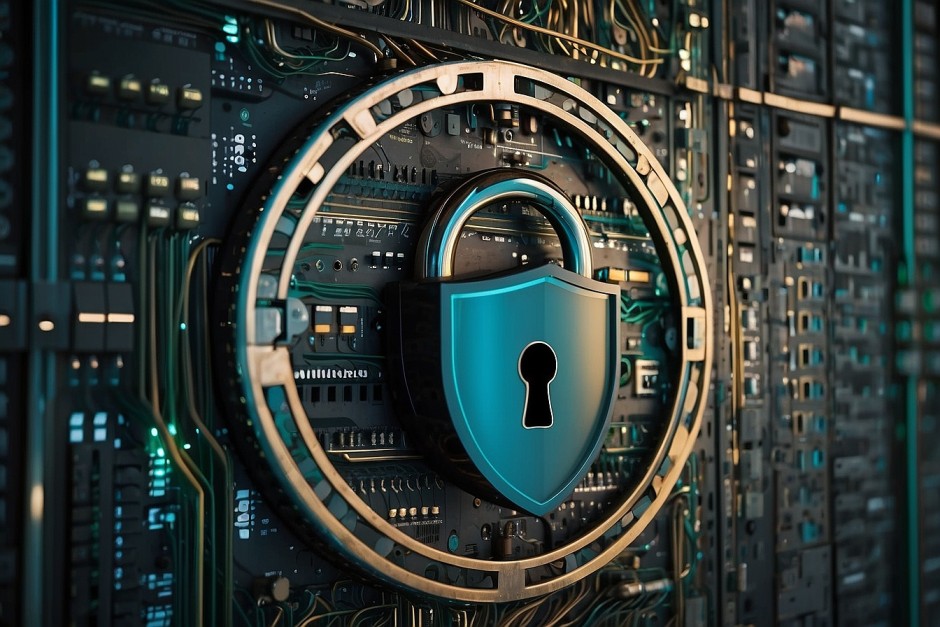MFT Gateway is a hosted Software as a Service (SaaS) solution that enables file exchange over the AS2 or SFTP protocol, without the need to install or maintain.
- Blog
- Understanding EDI Standards
EDI
Understanding EDI Standards
Learn about EDI standards like X12 and EDIFACT, and how EDI Generator simplifies document translation and seamless data integration.

Rusiri Samarakoon
Published: 25 Oct 2024

Electronic Data Interchange (EDI) is the automated exchange of business documents in a standardized electronic format between organizations. In other words, it replaces paper-based documents, such as purchase orders and invoices, with a standard electronic format. In many organizations, especially in B2B supply chain workflows, exchanging documents like invoices, purchase orders, and shipping documents is crucial. Traditionally, this process involves sharing paper-based documents or sending emails with attachments, which are then manually processed and entered into data systems by company representatives.
With EDI, organizations can automate these workflows, allowing digital systems to exchange and process the necessary documents without human involvement. This automation saves time and eliminates human errors associated with manual processing.
What is an EDI Standard?
EDI standards are formats, structures and rules that specify what information goes where within an EDI document. The organizations must adhere to these standards to ensure consistent and accurate data transmission. There are several EDI standards and your industry or trading partners determine which EDI standard you must use. Let’s check each of them and the regulatory bodies that govern and decide on EDI standards.
Most widely used EDI Standards
There are different versions of standards. In this article, we have discussed some of the most common EDI standards and the key organizations actively involved in their development and maintenance.
| EDI Standards | Description |
| X12 and ANSI | X12 is a non-profit organization operating under the American National Standards Institute (ANSI), dedicated to the development and maintenance of EDI standards across various industries. With over 320 standards available, X12 also manages XML schemas and operates through two committees: the Accredited Standards Committee (ASC) and the Registered Standards Committee (RSC). |
| EDIFACT | The Electronic Data Interchange for Administration, Commerce and Transport (EDIFACT) is an international standard approved by the United Nations (UN) and developed by the UN Economic Commision for Europe (UNECE). UNECE has established a set of syntax rules governing the use of specific characters, numbers, and alphabets. According to these rules, documents must adhere to structured groups of segments within a message and follow the message design guidelines provided by UNECE. As a globally recognized standard, EDIFACT enables multi-country and multi-industry messaging. |
| TRADACOMS | Developed by GS1 (formerly known as the Article Numbering Association or ASA), was widely used for retail EDI transactions in Europe, particularly in the 1980s. Though it has not been maintained since 1995, it remains in use within the UK retail industry. |
| GS1 and EANCOM | GS1, formed by the merger of the Uniform Code Council (UCC) and EAN International, stands for Global Standards One. Besides creating TRADACOMS, GS1 has developed several key standards used Number Communication), which evolved from EDIFACT, is a widely adopted international standard based on the GS1 numbering system for product identification. |
| Odette | Odette is a prominent European organization that develops standards, protocols, and services for the automotive supply chain industry. Odette, which stands for Organization for Data Exchange by Tele Transmission in Europe, is the counterpart of North America’s Automotive Industry Action Group (AIAG). One of its key protocols, the ODETTE File Transfer Protocol 2 (OFTP2), is trusted for secure data exchange over the internet. |
| XML and ebXML | XML (eXtensible Markup Language) and ebXML (electronic business XML) represent a newer family of standards. These standards ecomposs XML-based formats such as XML Namespaces, Efficient XML Interchange (EXI), XML Schema, XSLT, and others. |
| HL7 | Health Level Seven International (HL7) is an international organization focused on healthcare industry standards. Its standards are recognized by various international bodies, including ANSI, ISO, and HITSP. |
| HIPAA | The Health Insurance Portability and Accountability Act (HIPAA) mandates that healthcare providers in the US exchange individual medical records using specific national standards to ensure data security. |
| RosettaNet | It is a subsidiary of GS1 (US) is a non-profit organization working towards the global deployment of open standards. It also collaborates with several regional affiliate organizations throughout the Asia-Pacific region, including countries like Thailand, China, Malaysia, and Singapore. |
How can EDI Generator support your electronic data interchange requirements?
EDI Generator is a cloud-based EDI Service that enables you to easily receive, view, and print EDI documents, as well as create shipments and invoices. It allows you to send the generated EDI documents over AS2, all without the need for purchasing, installing or maintaining multiple software packages.
EDI translation made simple: Receive any volume of X12 or EDIFACT documents and have them converted into your preferred formats like JSON, XML, CSV and more, then delivered directly to your webhooks. Additionally, you can send your own JSON, XML, or CSV files to be translated into EDI and transmitted via AS2 to your trading partners.
If your suppliers are not using EDI or experiencing errors, we can help. Consult with us to certify their EDI processes according to your specifications and enjoy special discounted pricing for your suppliers. It’s a win-win, saving both time and money for you and your suppliers.

Talk to an EDI Expert
Join hundreds of organizations already taking full control of their B2B AS2 communications with our trusted solutions. Contact us today to tailor a solution that fits your specific AS2 EDI needs.
Related Articles
View All BlogsExplore our product stack
Try before you buy with a 30-day Free Trial
No commitment, all value. Try the AS2 Solution Risk-Free and discover how our solutions can transform your business workflows. No credit card required.
Explore Your Possibilities
Elevate AS2 Communications with our EDI and AS2 Solutions
See how our AS2 and EDI solutions can simplify your integrations, boost efficiency, and keep you compliant—request a personalized demo today.

